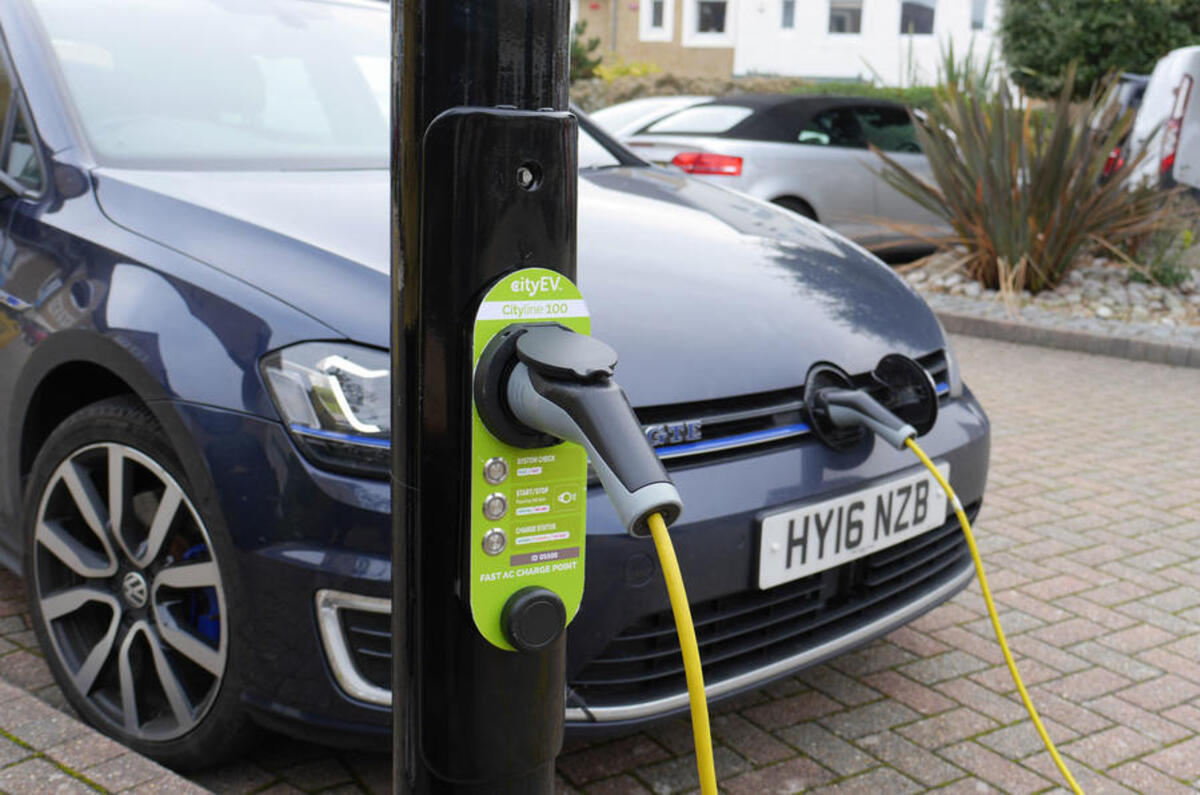There was at least one upshot of 2020: reduced CO2 emissions from cars, according to analyst Jato Dynamics.
The average NEDC CO2 emissions per new vehicle registered in Europe was 106.7g/km, which, although shy of the 96g/km fleet-average target required by new EU regulations, is 12% lower than that recorded in 2019.
The average of 106.7g/km is the lowest in the last five years in Europe and almost 10g/km lower than in 2017 – the next lowest year, when new cars averaged 117.7g/km of CO2.
According to Jato, there are two main reasons for the improvement: proposed tougher government regulations for non-electric vehicles and changing behaviours and values due to the Covid-19 pandemic.
Volumes for ICE vehicles fell from 14.7 million units in 2019 to 8.6 million in 2020.
Jato analyst, Felipe Muñoz noted: “In a year when millions of potential buyers weren't allowed to leave their homes, it's notable that total average emissions decreased by 15g/km. It signifies a fundamental change to our notion of mobility and a greater appetite for sustainable options.”
However, while overall CO2 emissions in Europe fell significantly, there were sometimes large differences between countries. In countries such as Slovakia, the Czech Republic and Poland, where demand for ICE cars remains high, CO2 emissions soared.
Meanwhile, six countries - the Netherlands, Denmark, Portugal, Sweden, France and Finland - posted average emissions below 100g/km. Unsurprisingly, these countries were also the ones with the highest number of EVs registered. Sweden topped the list, with 32% of all its new cars being electric.
There were also big disparities between CO2 emissions by brand. Subaru and Jaguar Land Rover were the two worst-performing mainstream brands on this measure, averaging 155.3g/km and 147.9g/km for their vehicles respectively.
At the other end of the scale, the pool of Lexus, Mazda and Toyota averaged just 97.5g/km of CO2 emissions. This was closely followed by the PSA Group (which has since merged with Fiat Chrysler to form Stellantis) on 97.8g/km.
READ MORE
Analysis: How will car makers meet new CO2 laws?
Renault opens up CO2 emissions pool to other manufacturers
Analysis: 2020 is the year to take emissions targets seriously







Join the debate
Add your comment
Where ever the reduction is calculated from, it still shows that, even if a small percentage work from home, the reduction in Co'2 over a year was significant, now, that has to be a good thing,and, if this work from can be expanded fuel bills will reduce for car owners, some house owners, the air in densely populated areas might get cleaner healthier,and, hopefully raise the mood of people over the past year, doesn't seem that impossible to start, does it?
Relying on certified test figures to measure CO2 emissions does not tell us much. The only true measure would be to record actual consumption of fossil fuels in each country. With this measure actual CO2 emissions would most certainly have have fallen over the last year mainly due to reduced vehicle usage. That said this would have been offset slightly by an increase in CO2 from home heating, with more people working or simply staying at home.